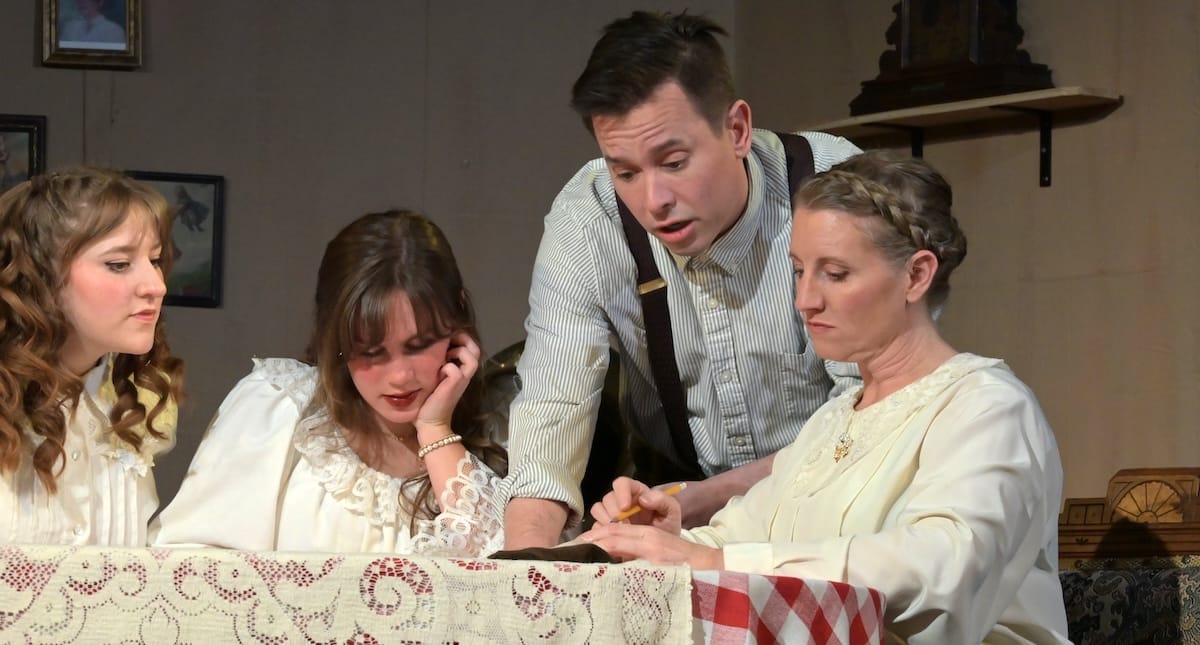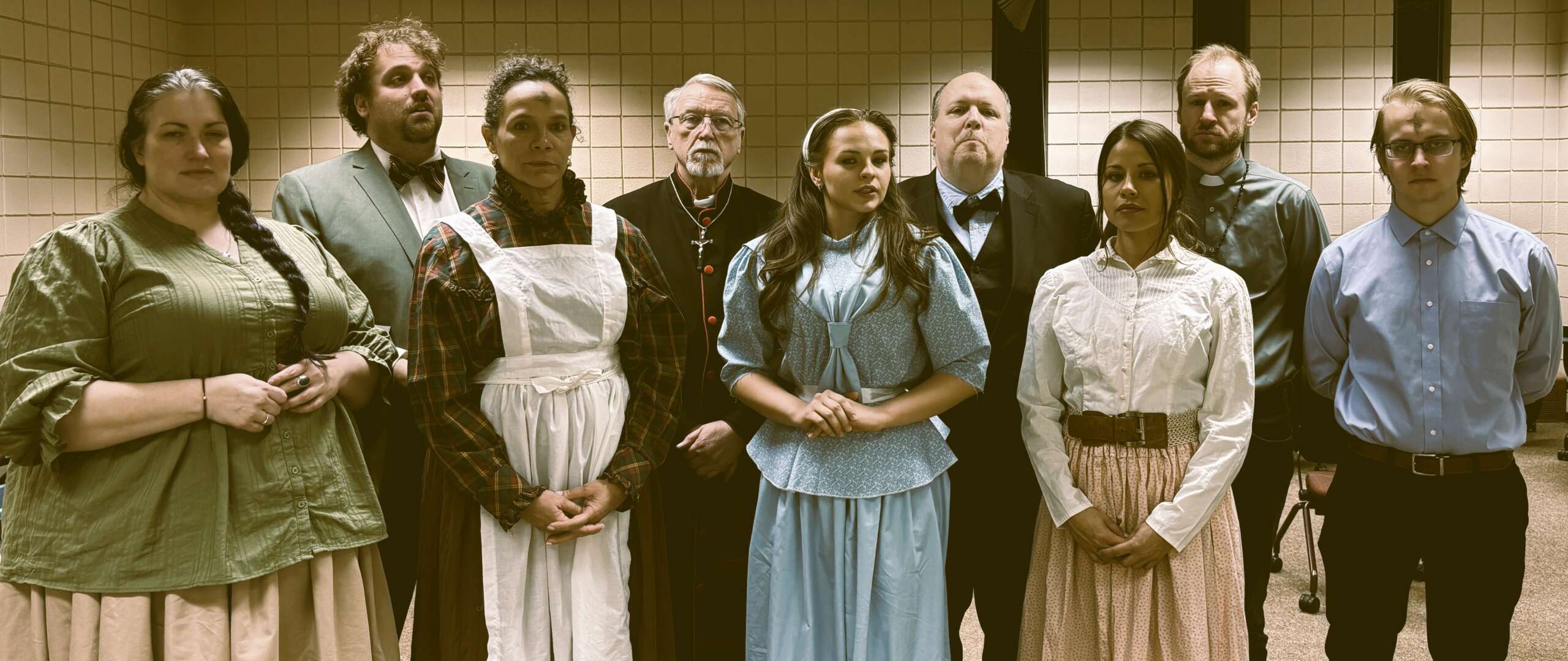Production of musical lacks the magic the modern audience demands.
Pippin is the musical tale of a young prince who sets out on a quest to find the meaning of his life and his “corner of the sky.” He attempts to find fulfillment in the glories of war, the temptations of the flesh and the intrigues of political power only to discover that true happiness may lie in the simple moments of everyday life.
This production is presented by Phamaly Theatre Company, and I left the theatre asking myself if it’a possible to love the work of a company and respect the work of the actors while still having a less than magical evening of theatre? This production of Pippin demonstrates that the answer is yes. The show’s book felt outdated and didn’t quite translate to a modern performance and overall, the show lacked the magical moments that audiences seek.
Phamaly
Phamaly Theatre Company is the longest-running disability-affirmative theatre company in the country. Their mission is to be a creative home for theatre artists with disabilities, to model a disability-affirmative theatrical process, and to upend conventional narratives by transforming individuals, audiences and the world.
Pippin’s director, Robert Michael Sanders, envisioned a production that would serve as a battle cry for Phamaly’s mission. In the director’s note, he wrote: “(it’s) a tale that offers us a chance to connect, to feel, and to discover that there is wonder and art in the world, no matter what challenges we face.” The show’s central concept was a traveling carnival troupe, an “unusual family” of different generations. This was intended to be “a little bit dangerous and a little unpredictable.”
While this vision was compelling, the production unfortunately lagged in certain moments and could have been crisper. The show’s original success was largely due to Bob Fosse’s signature dance style, and the magic of that “razzle dazzle” didn’t quite carry over here.
Standouts
Some standout performers brought much needed energy to a few moments of the show. Casey Myers delivered a strong performance as Lewis, and Shelley McMillion was memorable as Berthe. Jessica Erin Swanson deserves special recognition for her song and dance number “Spread a Little Sunshine,” which came closest to capturing the sharpness and allure of Fosse’s original choreography.
While Emma Maxfield’s vocals as the Leading Player were solid, their portrayal didn’t possess the “teeth” needed for this complex and mischievous role. The character, a narrator and devious guide for Pippin, felt less like a cunning mastermind and more like a gentle guide. Maxfield is a celebrated performer, having recently delivered an outstanding, gritty performance in Hedwig and the Angry Inch, so there was an expectation of that same powerful presence that never really materialized.
The set was simple but effective, and the director did a good job of blocking the action for the in-the-round staging at DCPA’s Kilstrom Theatre. It’s clear that attention was paid to making the space work well for the performers and the audience.
The show ultimately felt misguided and meandering, with a direction that seemed to lack urgency or elevated stakes. The inherent weakness of the show’s book was also a factor, as the magic didn’t quite translate to a modern audience. While the respect for the company and the performers is there, it was a less than magical evening of theatre.
With 25 years in Denver's theatre community, Matthew Schultz has honed a unique perspective as an actor, director, writer and producer. His own theatre work often explored new works and experimental theatre. His understanding of the craft, combined with a history of theatre writing for publications like Out Front Colorado, Diverse City and the CU Denver Advocate, makes Matthew excited to be reviewing for Onstage Colorado readers by exploring the city's stages. When not doing theatre, Matthew can often be found challenging himself with running, including the 2024 Chicago Marathon.







Leave A Comment